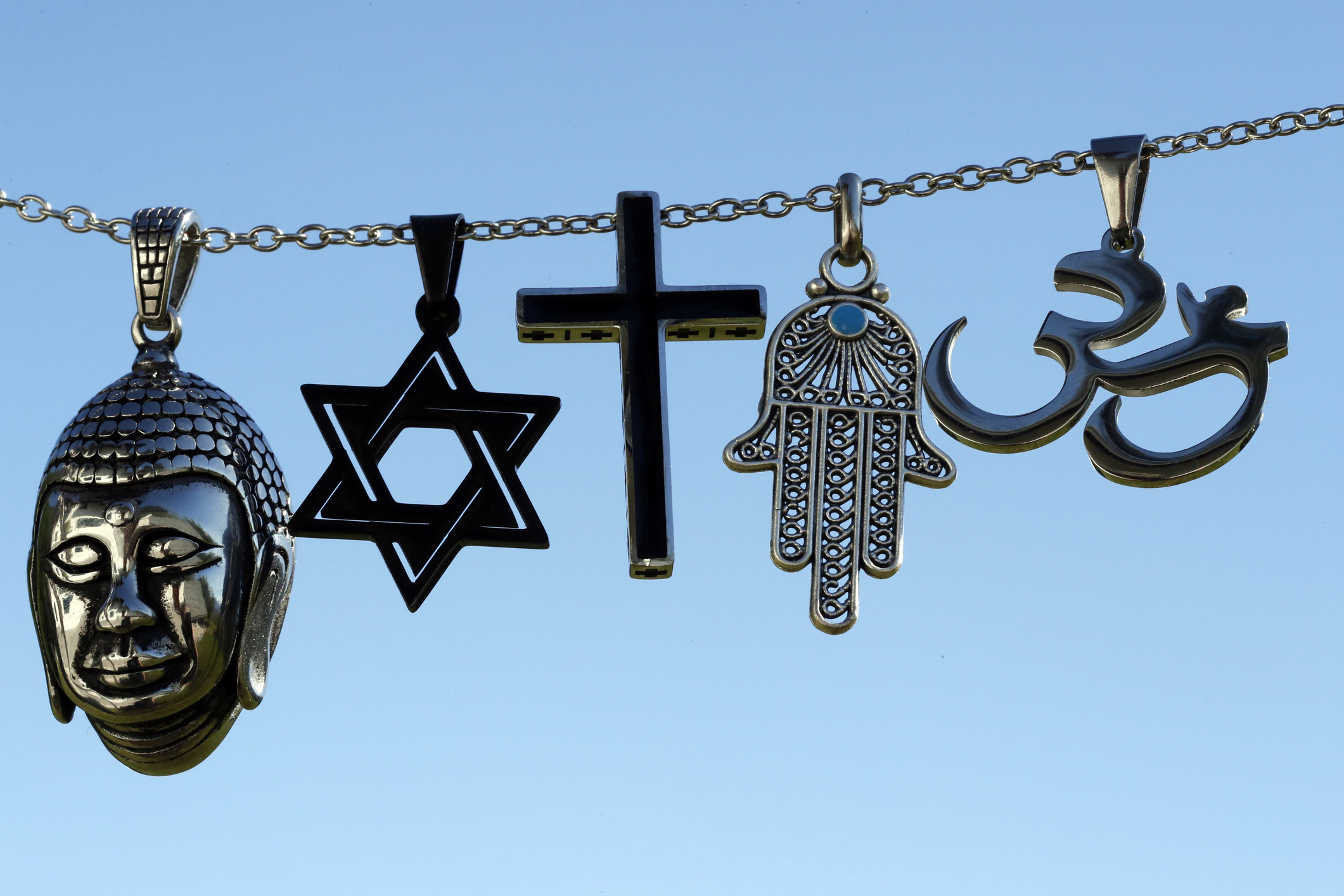This project addresses the nature of faith-based traditions and how these have inspired or informed the deliberative processes for peacebuilding. It relates to the overarching question of our larger ‘deliberative space’ collaboration, which is focussed on how to design more effective deliberative spaces for resilient and sustainable decision making. Deliberation can be described as a long and careful consideration or discussion about a matter of importance. Deliberation is required for different reasons, but mainly for problem-resolution or ideation/innovation. In this project, we look at deliberation in the context of conflict-resolution and peacebuilding.
Given the complexity of both deliberation as a process and of peacebuilding as a goal, it is important to take an interdisciplinary, systems-thinking approach - considering insights from theology, psychology, anthropology, management, political science, economics and beyond. Moreover, it is equally important to take a truly global, inclusive approach - that is, one not confined to or driven by the predominant system of thought and action.
There is a recognition here that the “space” and the nature of it is a factor in determining the effectiveness and course of the deliberative process. This recognition begs some important questions: what spaces are more effective and for which sort of deliberation? How can we optimise this space for optimal deliberative outcome?
For the first phase of this project, the team will undertake a detailed review of the received literature surrounding faith-based deliberative practices and processes for peacebuilding. This will include a variety of different faiths, including Shia Islam, Sunni Islam, Judaism, Zoroastrianism, Catholicism, Protestant Christianity, Buddhism, Hinduism, Jainism, Sikhism, and various indigenous religions. This will identify and unpack specific faith-based tools or approaches which have demonstrable practical value for deliberation on peacebuilding.
We will combine these insights from a series of virtual workshops, assembling experts from various cultural and disciplinary backgrounds to share knowledge and experiences of the deliberative process. These virtual workshops can also be used to test deliberation methods and would draw on the extensive global networks of Cambridge-Khalili-Commonwealth. Emerging from these would be key recommendations for practitioners of peacemaking.
The second phase will focus on examining historical and contemporary case studies to highlight successful deployments of faith-inspired methods in different contexts. This will also investigate potential commonalities among peacebuilding methods across multiple faith traditions and assess the institutionalisation of these methods in Commonwealth countries through legislative measures.
The third phase will explore and test the feasibility of incorporating a toolkit of faith-based methods into the Good Offices' peacemaking repertoire.
Emphasising the relevance of faith as a driver for moral and behavioural change, particularly in the context of Commonwealth countries, we will aim to define the project’s scope with reference to the Commonwealth countries, highlighting the unique challenges and opportunities within this diverse group of nations.

